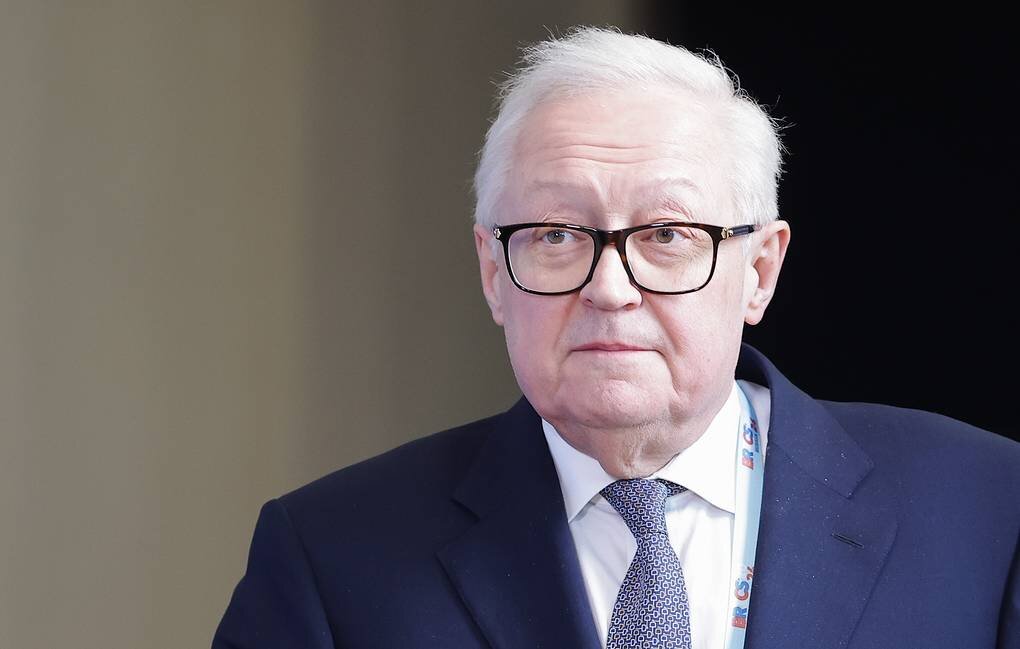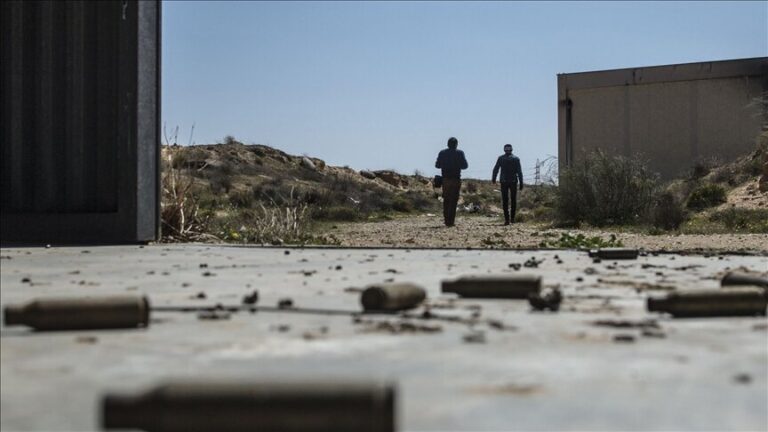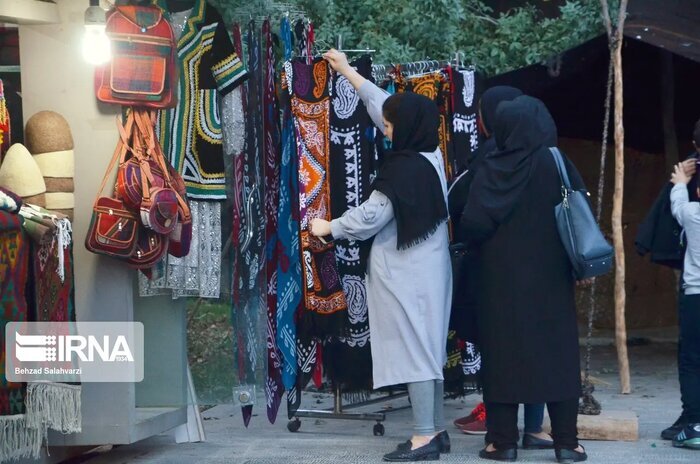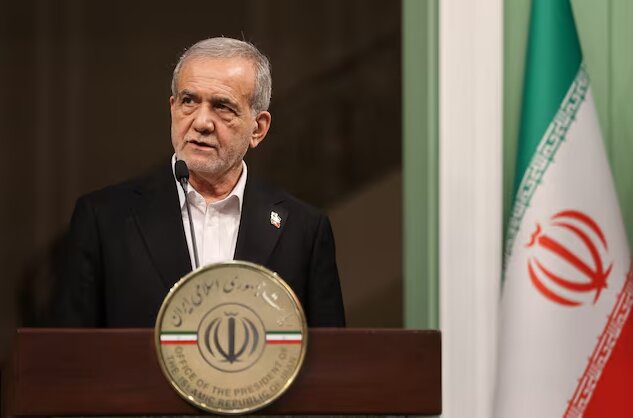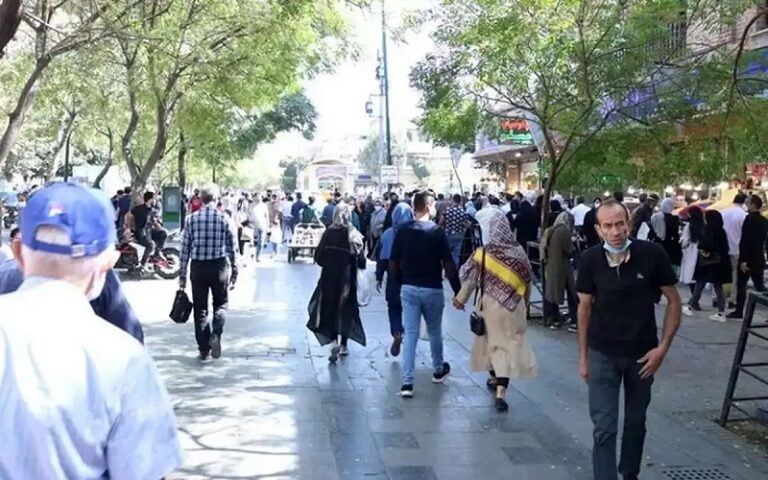Russia Responds Strongly to US Threats Targeting Iran: Diplomatic Tensions Escalate
Moscow has firmly condemned Washington’s recent threats to utilize force against Tehran. This statement was made by Russian Deputy Foreign Minister Sergey Ryabkov during an interview with The International Affairs magazine, highlighting the escalating tensions in the region.
In the interview, Ryabkov stated, “Indeed, threats are being heard, and ultimatums, too. We view such methods as improper, and we condemn them as we see this as a way of imposing [US] will on Iran.” This statement reflects Russia’s stance on the United States’ provocative approach towards Iran, which they believe undermines diplomatic efforts.
The Russian diplomat emphasized that these threats could exacerbate existing tensions in the Middle East. He warned that the situation may lead to severe consequences, requiring extensive efforts to avert what he termed as “another hotbed of tensions, or, God forbid, conflict erupting in the Middle East.”
Ryabkov’s remarks underline a critical point: the potential for conflict in the region is not merely a distant possibility but an imminent threat that could have far-reaching implications. In this context, he presented an alternative approach that could help de-escalate the situation.
Here are some key points from Ryabkov’s interview:
- Improper Methods: He criticized the use of threats and ultimatums by the U.S., labeling them as ineffective and counterproductive.
- Risk of Escalation: The deputy minister pointed out that such aggressive posturing could lead to heightened tensions and conflict.
- Call for Diplomacy: Ryabkov suggested that a diplomatic solution is necessary to resolve issues between the U.S. and Iran.
Furthermore, Ryabkov’s comments resonate with a broader geopolitical context where international relations are increasingly strained. The ongoing tension between the U.S. and Iran has significant implications not only for the two nations but also for global stability.
In recent months, the discourse surrounding U.S.-Iran relations has been marked by a series of harsh statements and military posturing. Observers have noted that this rhetoric can contribute to a cycle of escalation that is difficult to break. Ryabkov’s condemnation of these tactics serves as a reminder of the importance of restraint and dialogue in international relations.
Moreover, the Russian diplomat made it clear that the situation requires careful management to prevent further deterioration. “And we propose an alternative path,” he stated, indicating that Russia is willing to play a role in facilitating dialogue and reducing tensions.
To further illustrate the implications of the current situation, consider the following:
- Increased military presence in the region can lead to accidental confrontations.
- Economic sanctions and threats can undermine potential diplomatic solutions.
- The involvement of multiple countries complicates the resolution of conflicts.
In conclusion, Russian officials are calling for a more measured approach to U.S.-Iran relations amid rising tensions. Ryabkov’s interview serves as a critical reminder of the need for diplomatic engagement rather than aggressive threats. As the situation unfolds, the international community will be watching closely to see how these dynamics play out and whether a path toward peace can be charted.
Ultimately, the need for constructive dialogue and cooperation among nations is essential in addressing the complexities of Middle Eastern geopolitics. With the world on edge, the hope remains that all parties can come together to find common ground and work towards stability in the region.
